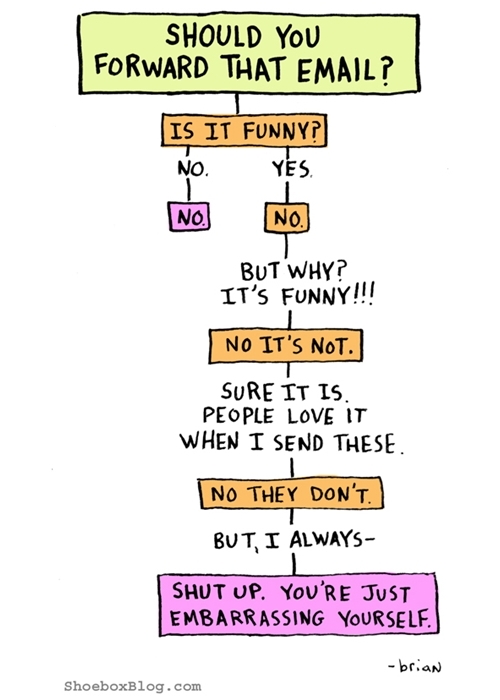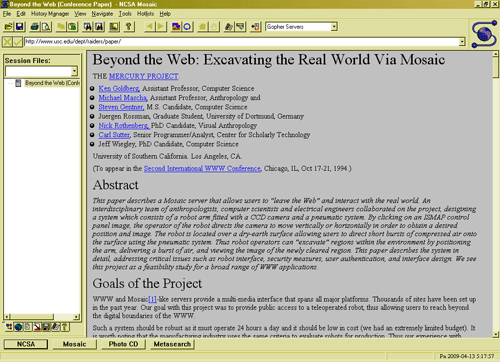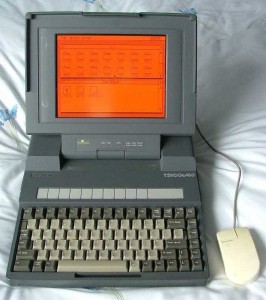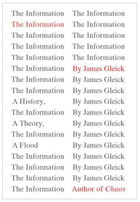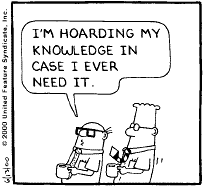 That’s the title of a blog post by Maria Ogneva that has been stuck in my head for a week or so. It’s about how businesses and organizations communicate and share information. A topic of discussion in our company recently. Here are a few of my take-away’s from Maria’s post:
That’s the title of a blog post by Maria Ogneva that has been stuck in my head for a week or so. It’s about how businesses and organizations communicate and share information. A topic of discussion in our company recently. Here are a few of my take-away’s from Maria’s post:
“Transparency and openness require the braveness of “opening up the kimono”, not when convenient, but all the time. It involves letting people know what’s happening and why, with advance notice, providing a channel to share feedback, and closing the feedback loop – in the open.”
I give us a B- on that one. We’d like to be there but aren’t quite.
“Knowledge hoarding is replaced by sharing. Traditionally, our educational systems have emphasized becoming a specialist. We have hoarded our knowledge in fear that if we shared what we knew, we will become more replaceable.”
Ouch. Been guilty of that myself. I suspect we still have pockets but by the very nature of hoarding, it’s difficult to know.
“Command and control mindset: Traditionally, corporations have been structured with tightly managed controls at the top, which were passed down through levels of management, down to the people who actually performed the work. Tasks to be done, as well as the processes by which these tasks had to be done, were mandated from the top.”
The C&C manager often has an “I-know-best-that’s-why-I’m-the-manager” mindset. Takes a lot of self-confidence to break free of this approach. But the command and control style of management be less and less effective in any event:
“Rigid hierarchies: Scarcity of information pre-Internet, combined with specialization, has contributed to knowledge hoarding. At times, this asymmetry of information, and not the right leadership skills, allowed people to rise up the corporate ladder. Hierarchies were developed to preserve this status quo. However, things are changing rapidly, and democratization of information is definitely putting the emphasis back on leadership style, and not access to information, as a competitive advantage.”
This is why I’m all in on the Network and shared information. It’s breaking down these 20th century approaches to business, communication and everything else.
If you manage a company or work at a company, you should take a few minutes to read this insightful post. I’ll let you know how things come out at our company.

